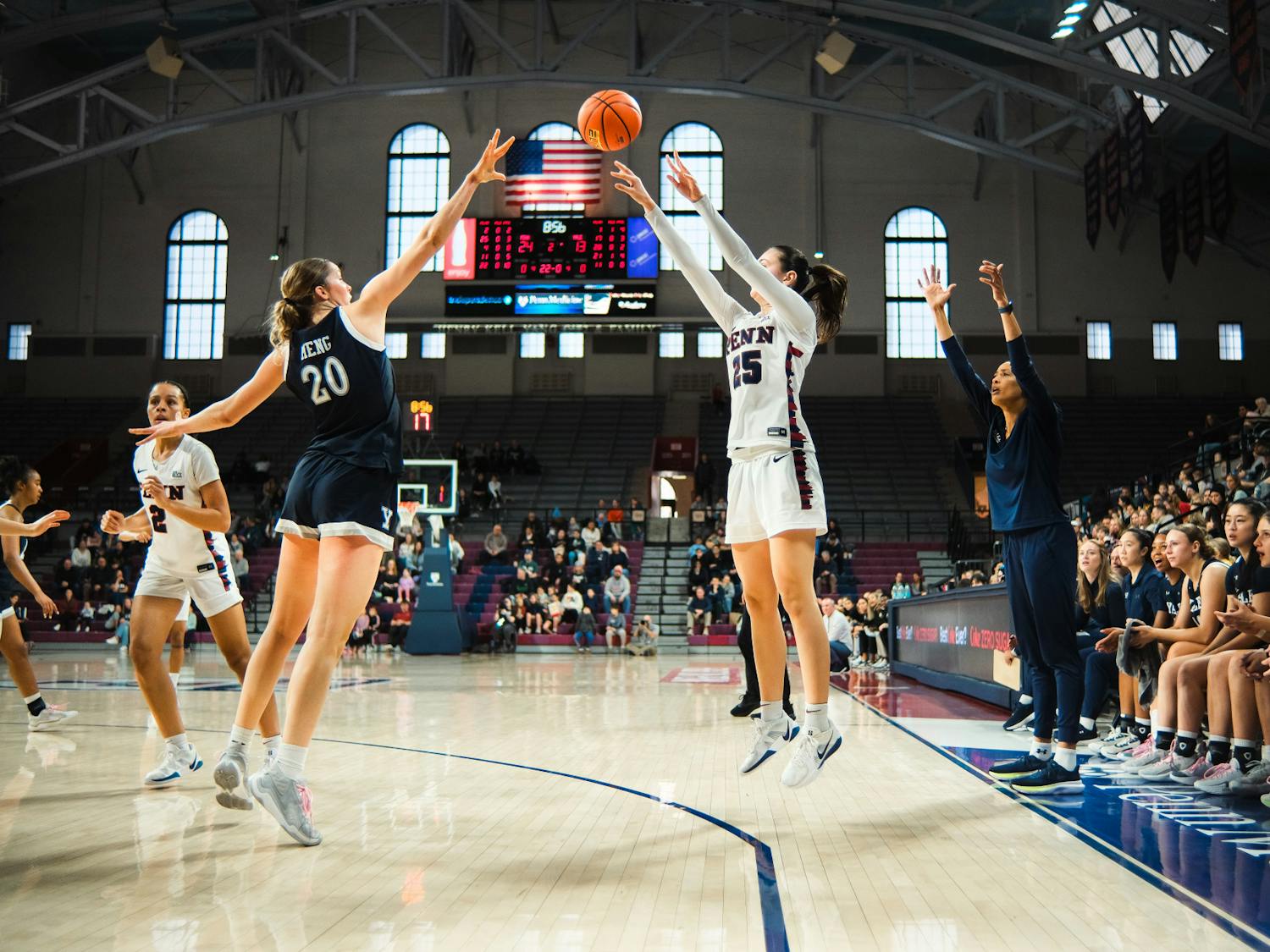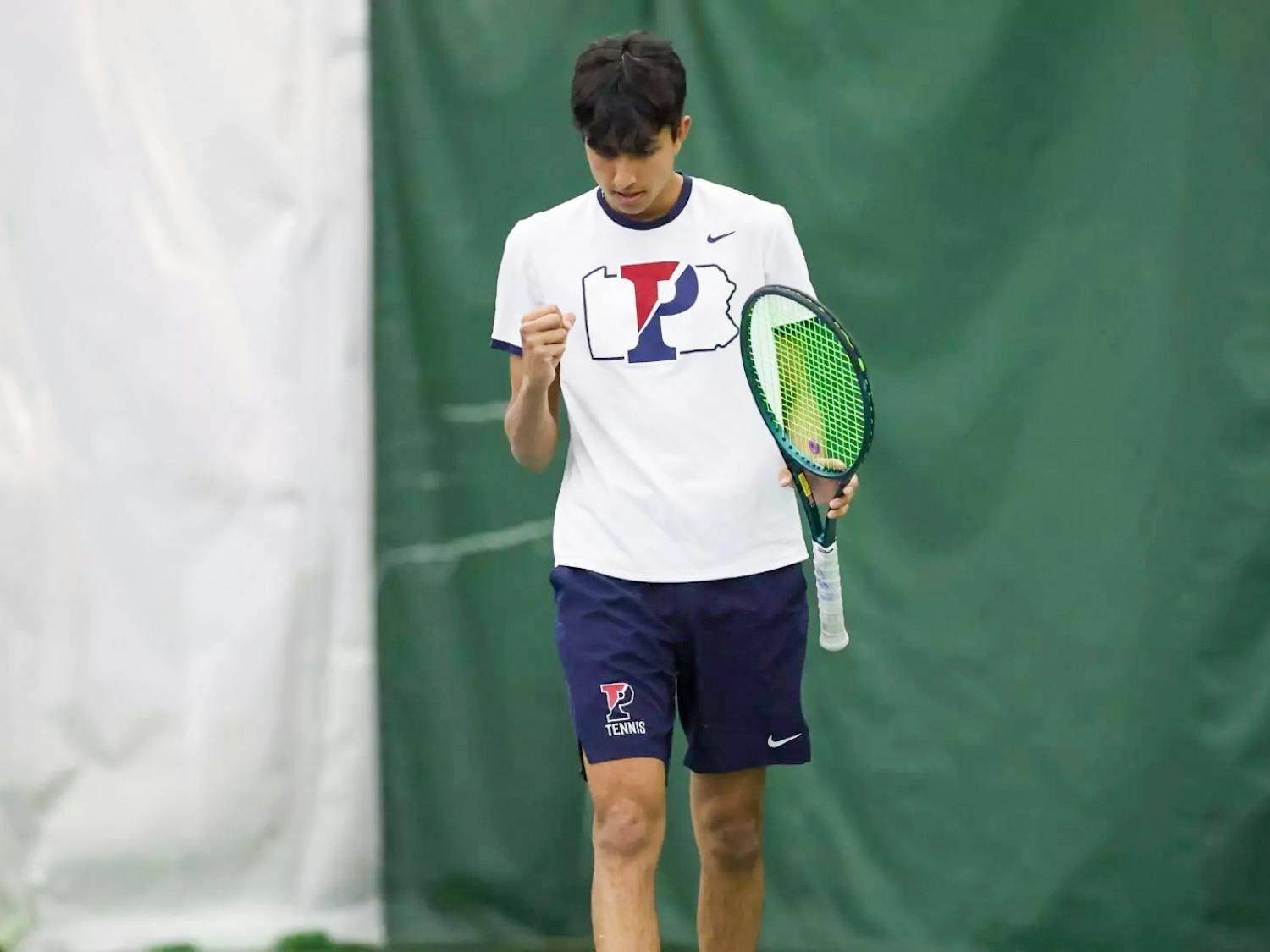“[I’m going to college for] the experience of like game days, partying … I don’t really care about school, as you guys all know,” YouTube celebrity Olivia Jade said in a now infamous video. She and other children of privilege are under scrutiny as it comes to light that their parents paid bribes and falsified applications in order to get them into top universities. Her words were offensive to every single student who earned their way into an elite school like Penn — the privilege of attending such an institution requires an enormous amount of hard work both before and during one’s college education, and it should not be given nor taken lightly. As a black, highly-aided student, her words were particularly offensive to me.
From the moment I read my acceptance letter, I have been on a mission to prove that I belong here. During the final months of high school, when everyone was tired, burned out, and unwilling to put in more than the bare minimum of effort, I was not allowed the luxury of “senioritis.” Every time I walked into first period 20 minutes after the bell or didn’t bother to make a PowerPoint for a debate club meeting, the whispers I heard in the halls grew louder. On Decision Day, my teacher made a point of looking directly at me, decked proudly in my Penn hoodie, as he told us why he considered affirmative action to be reverse discrimination. The message was clear: my spot in Penn’s Class of 2022 had been given, not earned. This is the political narrative of unfair admissions practices. It is known and accepted that rich students have access to “backdoor admissions," while low-income and/or minority students are vilified as not having earned our place. Now that clear evidence of cheating and bribery in college admissions has come out, there is a noticeable lack of outrage from the same people who were decrying affirmative action when Harvard was accused of discriminating against Asian-Americans last year.

After acceptance, as the Olivia Jades of the world make a mockery of school knowing that their connections will land them a job, everyone else sacrifices their free time and mental health in pursuit of a decent GPA — which is more of an uphill battle the fewer resources that one has. Not only do students in my position have to worry about financial aid applications and part-time jobs in addition to everything else, but too often the world does not allow us to “adjust” or “struggle” or “find ourselves” the way students of means are allowed. Earlier this month, as my friends and I were breaking down over our various midterms at 1 a.m. in Van Pelt Library, I said: “Sometimes I wonder if my application was supposed to go in the reject pile and this is all a mistake.” They echoed, “Same.” A missing homework or a failed midterm just confirms what jealous high school classmates and uninformed Internet strangers alike have told us: we did not earn our way in, and we don’t have what it takes to make it out. This could not be further from the truth.
I should not have to think of my education as a handout or a consolation prize while the extremely privileged take that same education for granted, and I should not have to see my struggles as a reason why I don’t belong here while the extremely privileged do not have to care about school at all. But this is not directed at the extremely privileged; it’s directed at the students breaking down in Van Pelt at 1 a.m., feeling like they’ve wasted the school’s money and their family’s effort for not being perfect. One of the ways in which an unjust society dehumanizes oppressed groups is by not allowing them the humanity of struggle; any failure is seen as the result of a character flaw in the person, or worse, the entire group. We must not deny ourselves this humanity. One failed exam or one subpar semester doesn’t mean we didn’t earn our keep.

ZURI ROBINSON is a College freshman from Queens, N.Y. studying Cognitive Science. Her email address is rzuri@sas.upenn.edu.









